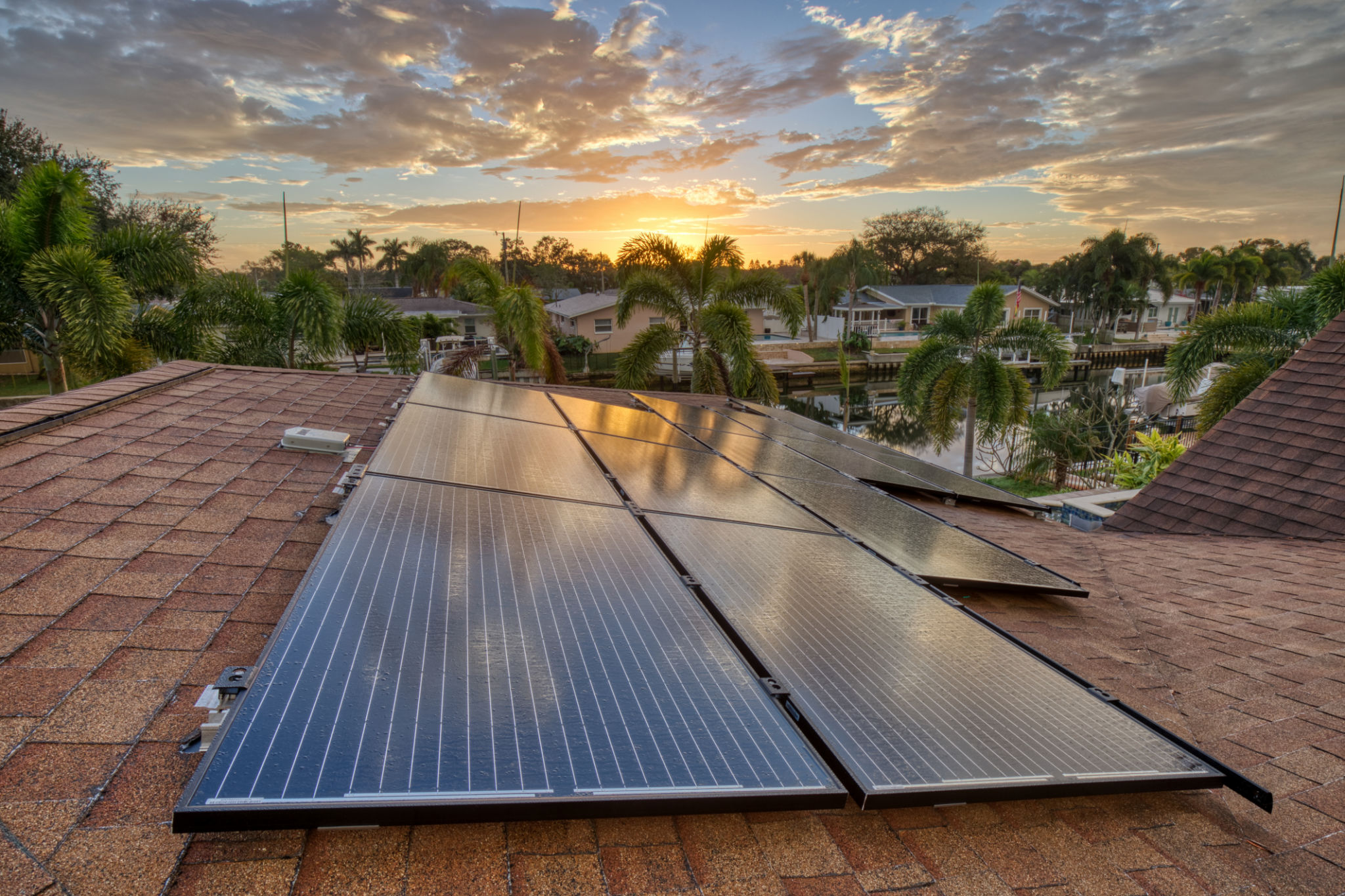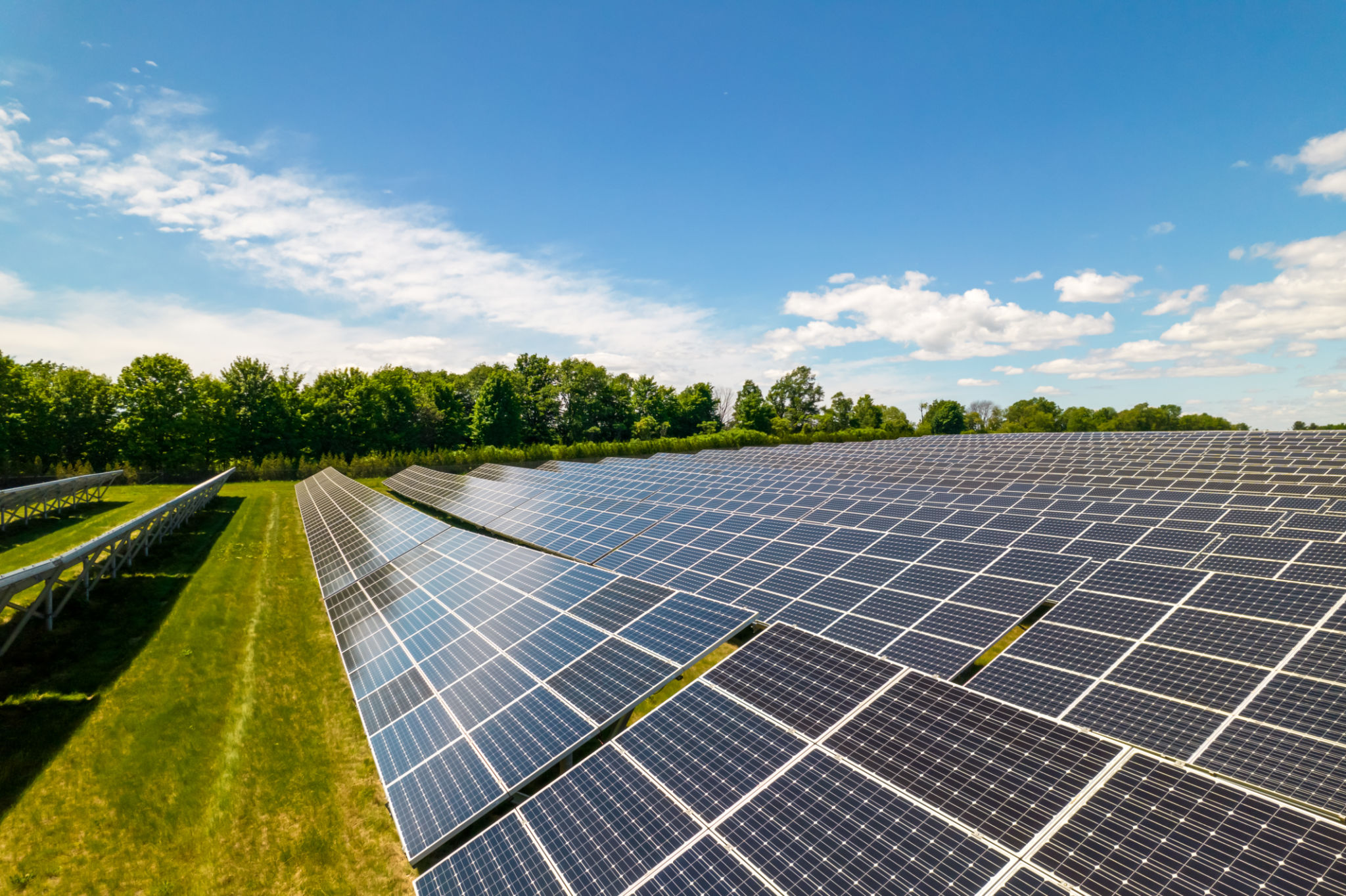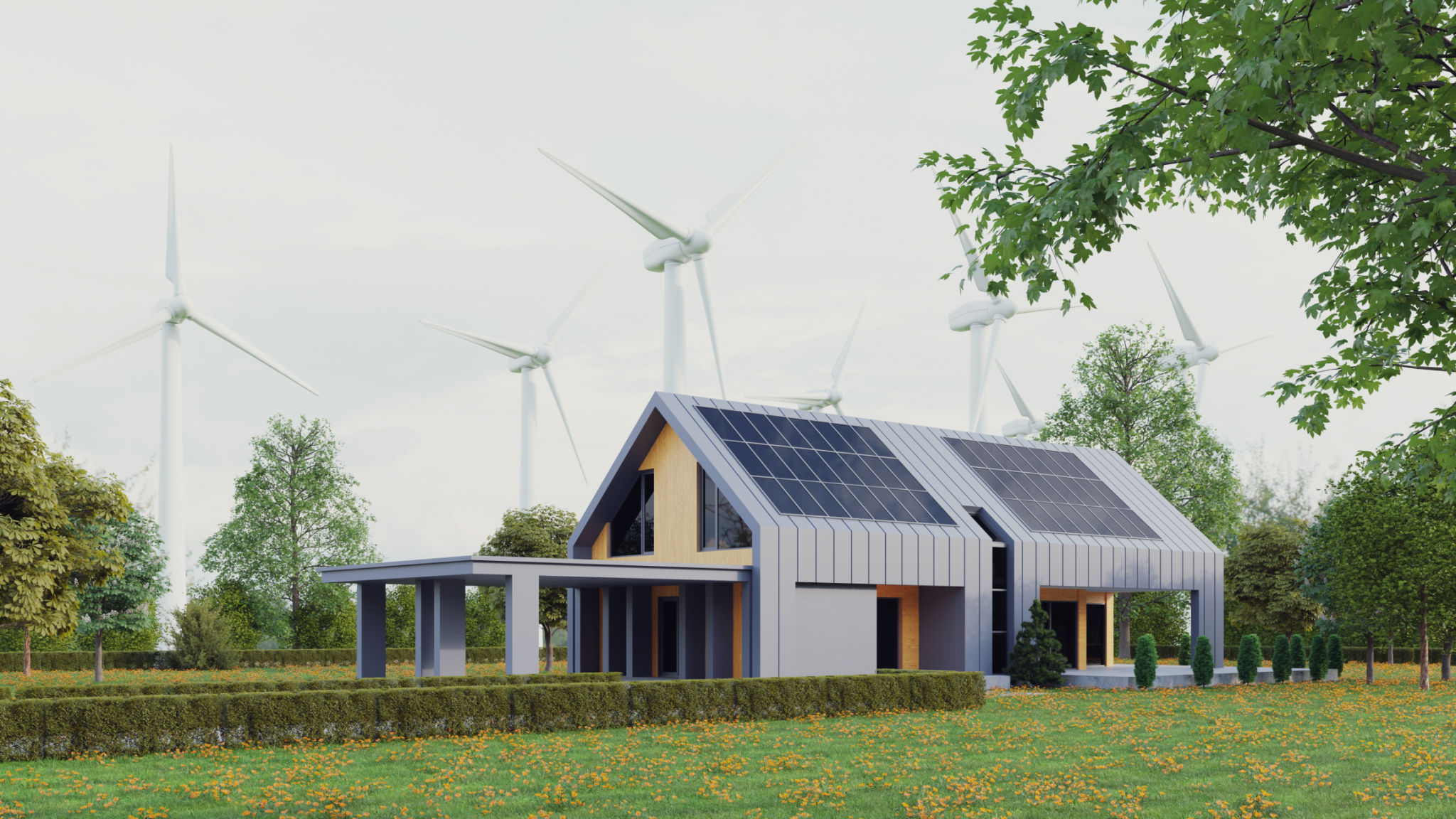Integrating Solar Panels with HVAC Systems: A Sustainable Solution for Florida Homes
Understanding the Basics of Solar Panels and HVAC Systems
As the demand for sustainable energy solutions grows, integrating solar panels with heating, ventilation, and air conditioning (HVAC) systems offers a promising approach. In Florida, with its abundant sunshine, this combination is particularly advantageous. Solar panels convert sunlight into electricity, which can power your home’s HVAC system, reducing reliance on traditional electricity sources.
By harnessing solar energy, homeowners can enjoy a more environmentally friendly way to maintain comfort levels at home. This integration not only reduces energy costs but also minimizes carbon footprints, aligning with global efforts to combat climate change.

Benefits of Integrating Solar Panels with HVAC Systems
Cost Savings
One of the most significant advantages of integrating solar panels with HVAC systems is the potential for cost savings. Florida homeowners can benefit from lower energy bills as solar energy offsets electricity consumption from the grid. The initial investment in solar panels can be substantial, but federal and state incentives often help reduce these costs, leading to quicker returns on investment.
Environmental Impact
Utilizing solar energy significantly reduces greenhouse gas emissions. Traditional HVAC systems rely heavily on fossil fuels, contributing to environmental degradation. By switching to solar-powered HVAC systems, homeowners do their part in promoting a cleaner environment and reducing their carbon footprint.

Technical Considerations for Integration
System Compatibility
Before integrating solar panels with an HVAC system, it’s essential to ensure compatibility. Homeowners should consult with professionals to assess their current HVAC system's requirements and the potential solar output. An appropriately sized solar array will ensure that the system runs efficiently without overloading or underutilizing resources.
Installation and Maintenance
The installation process involves strategic placement of solar panels for maximum sun exposure. Professional installers will also integrate the solar system with the existing HVAC setup. Regular maintenance of both the solar panels and HVAC system is crucial to ensure long-term efficiency and performance.

Financial Incentives and Support
Florida offers various incentives to encourage homeowners to switch to solar energy. These include federal tax credits, state rebates, and net metering programs that allow homeowners to sell excess energy back to the grid. Understanding and utilizing these incentives can significantly reduce the overall cost of integrating solar panels with HVAC systems.
Additionally, many financial institutions offer loans specifically designed for sustainable home improvements, providing further support for homeowners looking to make the transition.
The Future of Sustainable Home Energy in Florida
The integration of solar panels with HVAC systems represents a forward-thinking approach to home energy use. As technology advances and awareness of environmental issues increases, more Florida homeowners are expected to adopt this sustainable solution.
By investing in solar power, not only do homeowners benefit financially and environmentally, but they also contribute to a broader movement towards renewable energy sources. This shift is crucial for ensuring a sustainable future for generations to come.

